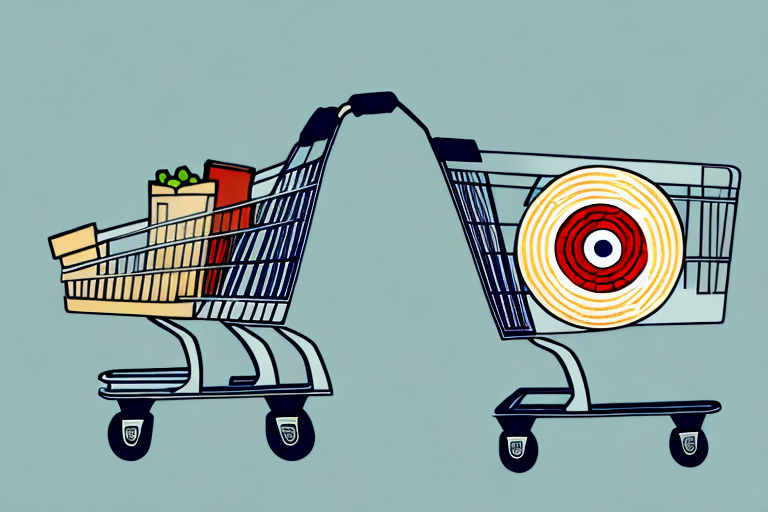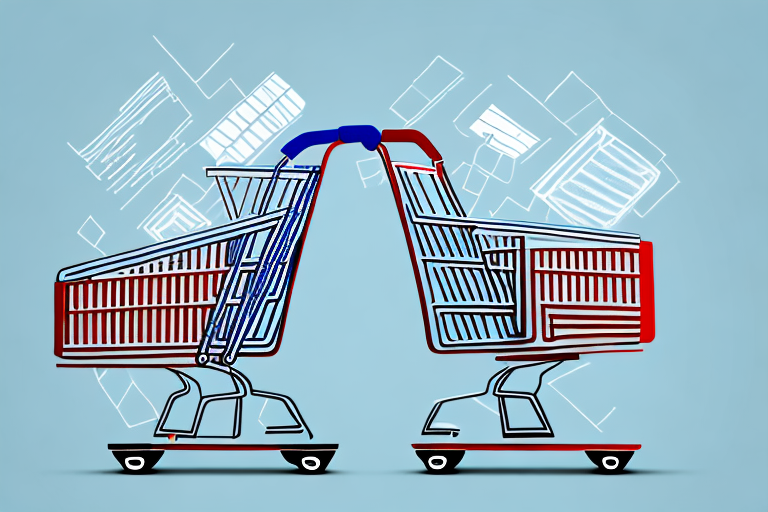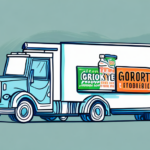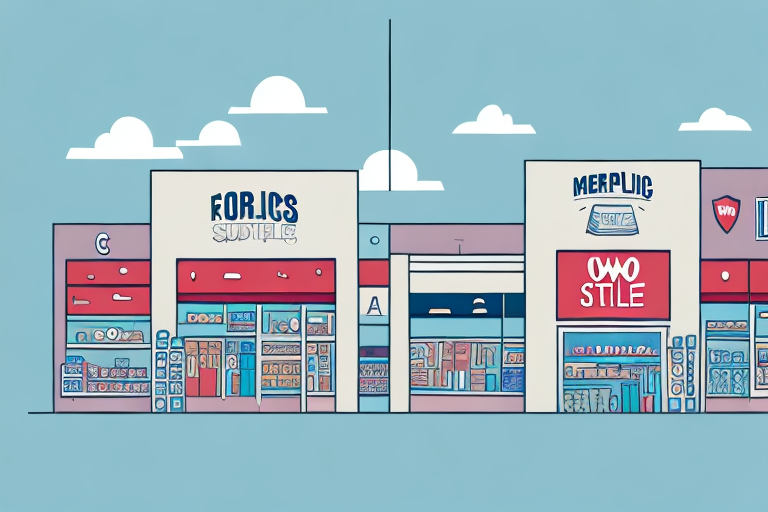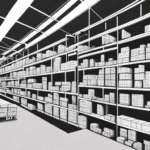Introduction to Target's Acquisition of Kroger
The retail industry is buzzing with the news of Target acquiring Kroger. This strategic move has the potential to revolutionize the grocery sector and alter consumer shopping habits. Let’s delve deeper into what this acquisition means for consumers and the broader market.
Why Target Is Acquiring Kroger
Expanding Grocery Operations
Target has been steadily enhancing its grocery business, and acquiring Kroger is a significant step towards achieving this goal. Kroger stands as one of the largest grocery retailers in the United States, renowned for its robust loyalty programs and comprehensive rewards systems.
Leveraging Kroger’s Distribution Network
Kroger’s extensive distribution network, including numerous distribution centers, offers Target a valuable infrastructure to broaden its grocery operations. This acquisition enables Target to tap into existing logistics and supply chain efficiencies, facilitating faster and more reliable delivery of groceries to consumers.
Technological Advancements
Kroger has been at the forefront of adopting new technologies like self-checkout systems and automated inventory management. By integrating these technologies, Target aims to enhance the overall shopping experience, making it more seamless and customer-friendly.
Impact on the Grocery Industry
Market Consolidation
The merger between Target and Kroger consolidates two major players in the grocery market, potentially leading to increased market dominance. According to a statistic, such consolidations can impact competition and pricing dynamics across the industry.
Consumer Benefits
Consumers may benefit from enhanced grocery offerings, improved online shopping platforms, and more competitive pricing. Target’s investment in technology could lead to faster delivery times and a more efficient shopping experience.
Challenges for Smaller Retailers
Smaller grocery chains and independent stores might face increased competition, making it harder for them to compete on price and variety. However, specialized stores focusing on unique products and personalized customer experiences may still thrive.
What Consumers Can Expect
Enhanced Loyalty Programs
With the integration of Kroger’s loyalty programs into Target’s system, customers can anticipate more opportunities to earn rewards and save money on their purchases. This unified rewards system aims to provide greater value and convenience to shoppers.
Expanded Product Offerings
Target plans to expand its grocery selection, adding more fresh produce, organic items, and specialty products. This diversification aims to cater to a broader range of consumer preferences and dietary needs.
Improved Shopping Experience
Consumers may notice changes in store layouts, with more streamlined and efficient grocery sections. Additionally, Target is likely to enhance its online ordering and delivery services, offering more flexibility and convenience.
Employment and Operational Changes
Job Opportunities and Challenges
While the acquisition may lead to some consolidation of roles, it also opens up new job opportunities in areas like technology, logistics, and customer service. Kroger employees will benefit from Target's resources and expertise, potentially leading to career growth and development.
Store Operations
There have been speculations about rebranding some Kroger stores under the Target name, which could lead to operational changes. However, no official plans for store closures have been announced, indicating a focus on integration rather than downsizing.
Sustainability and Technological Integration
Commitment to Sustainability
Kroger has a strong focus on sustainability, investing in renewable energy and waste reduction. This aligns with Target’s sustainability goals, allowing the combined entity to pursue more comprehensive environmental initiatives.
Adoption of Advanced Technologies
The acquisition facilitates the adoption of advanced technologies across both companies. Enhanced self-checkout options, automated inventory systems, and improved data analytics are some of the technological advancements that will enhance operational efficiency and customer experience.
Future Outlook and Industry Implications
Long-Term Market Position
With this acquisition, Target positions itself as a formidable player in the grocery industry, competing closely with other giants like Amazon and Walmart. This move is likely to spur further innovations and strategic partnerships within the sector.
Regulatory Considerations
Such a significant merger will be closely scrutinized by regulatory bodies to ensure compliance with antitrust laws. The companies will need to address any concerns regarding market dominance and ensure fair competition remains intact.
Expert Opinions
Industry experts suggest that this acquisition could set a precedent for future consolidations in the retail space. According to a report by Forbes, mergers like these drive the evolution of the retail landscape, pushing companies to innovate and better serve consumer needs.
Conclusion
The acquisition of Kroger by Target stands to significantly impact the grocery industry, offering both opportunities and challenges. Consumers may enjoy enhanced shopping experiences and greater rewards, while the market faces increased consolidation. As the integration progresses, it will be crucial to monitor the effects on competition, consumer choice, and the overall retail ecosystem.













